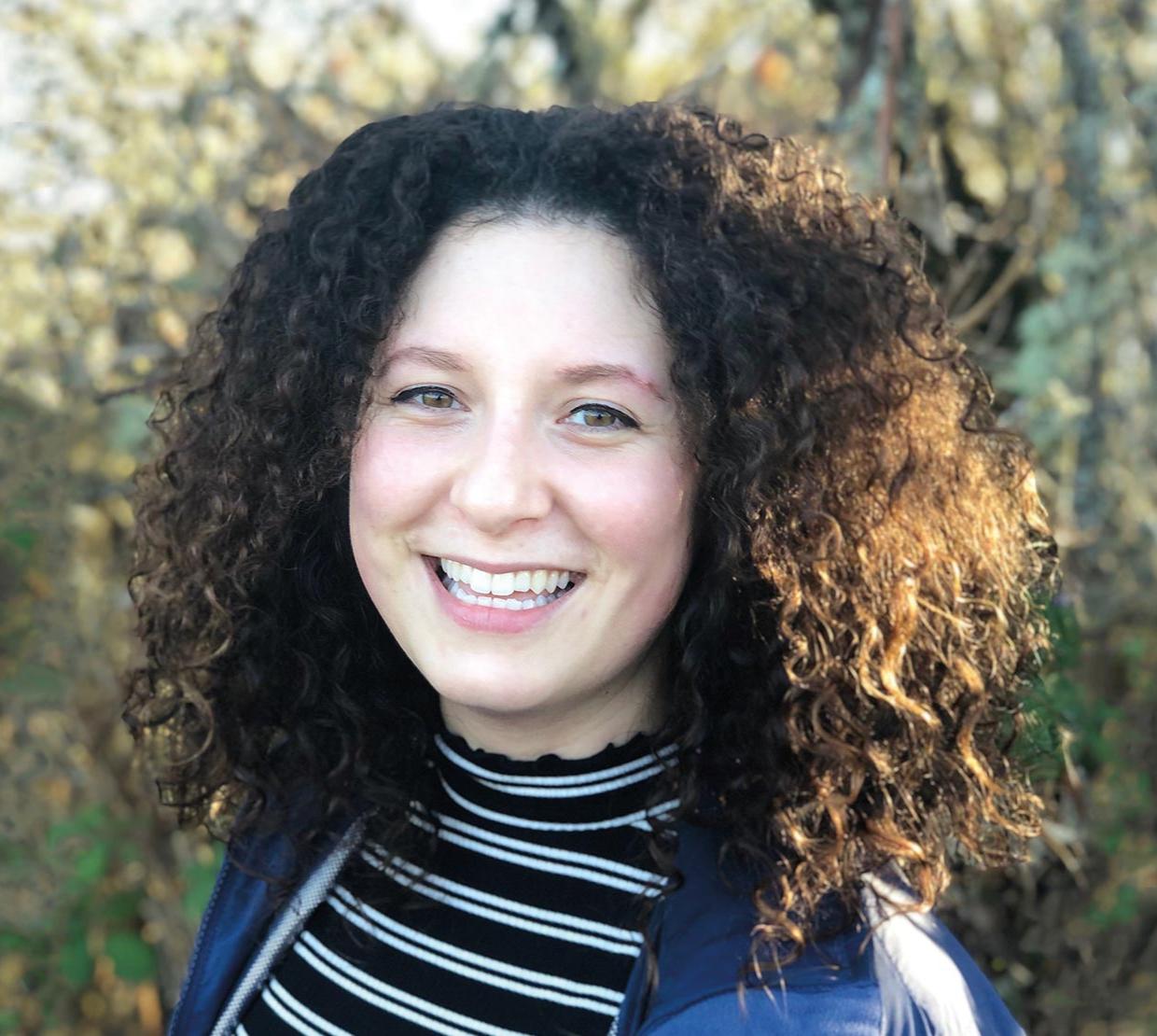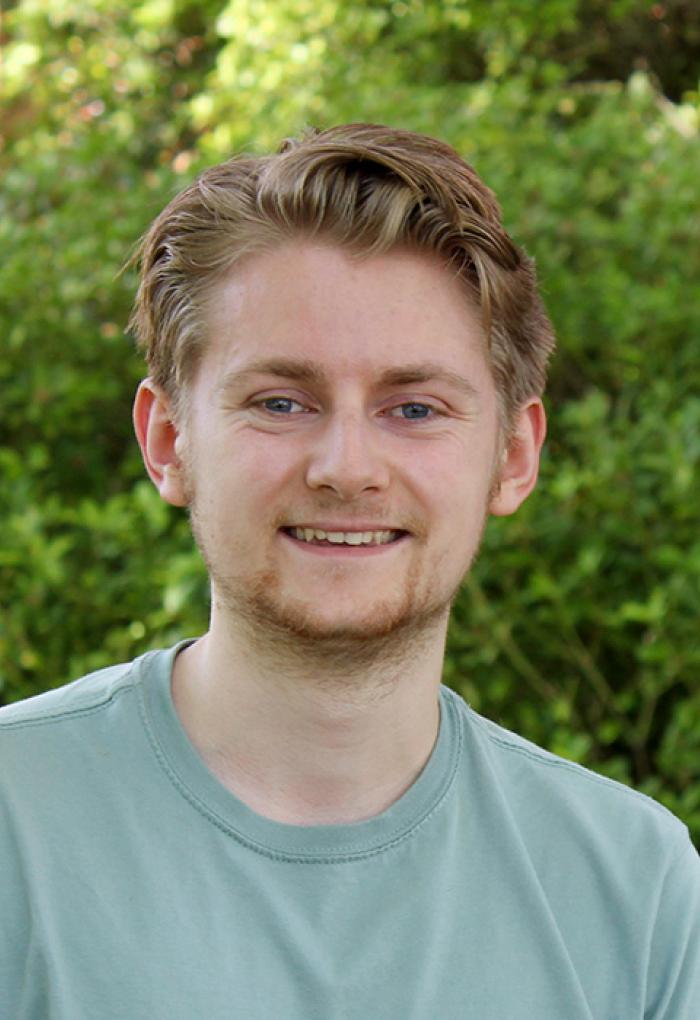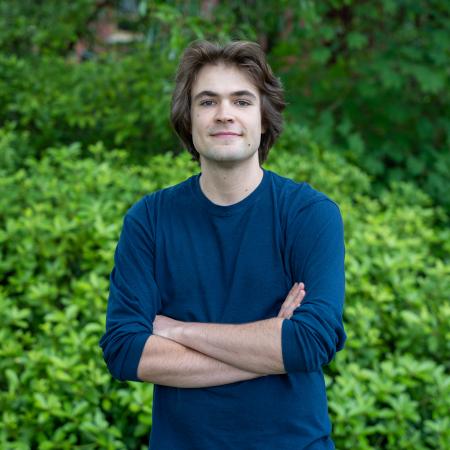Three science students have been awarded the prestigious Barry Goldwater Scholarship. Third-year students Ryan Tollefsen, Kendra Jackson and Isabella Karabinas received the honor, which is the top undergraduate award in the country for sophomores and juniors in the fields of science, technology, engineering and mathematics (STEM). Goldwater Scholars are selected on the basis of outstanding academic achievement and for demonstrating the potential to pursue research careers.
From an estimated pool of over 5,000 college sophomores and juniors, 1,223 STEM majors were nominated by 443 academic institutions to compete for the 2019 Goldwater scholarships. A total of 496 students from across the United States were awarded Goldwater scholarships for the 2019-20 academic year.
This year, Oregon State University had four Goldwater Scholarship nominees, and all four juniors were named 2019 Goldwater scholars. This is the first time in OSU history that all its four nominees have received this prestigious national recognition for undergraduate students in the natural sciences, mathematics and engineering. Engineering major Kyzer Gerez has also won the Goldwater scholarship this year.
The Goldwater Scholarship is administered at Oregon State University through LeAnn Adam, OSU Advisor for Prestigious Scholarships and a member of OSU Goldwater Scholarship Committee. The four Goldwater nominees were chosen from a highly competitive pool of 15 candidates, according to Adam. The OSU nomination committee includes faculty from the Colleges of Science and Engineering.
“Thanks to our students and their dedicated faculty mentors, OSU has received the maximum number of Goldwater Scholarships awarded to any single institution in Oregon as well as in the country.”
Jackson, an honors student majoring in biochemistry and molecular biology, is an undergraduate researcher in biochemist Michael Freitag’s lab. Karabinas, an honors double major in biochemistry and molecular biology and psychology, conducts research in biochemist Alvaro Estevez’s lab. Tollefsen, also an Honors double major in physics and mathematics, pursues research on the characterization of novel materials in physicist Oksana Ostroverkhova’s lab.
“I am pleased that three College of Science students have received the Goldwater scholarships this year, which makes our science programs the top producer of Goldwater Scholars. Thanks to our students and their dedicated faculty mentors, OSU has received the maximum number of Goldwater Scholarships awarded to any single institution in Oregon as well as in the country,” said Roy Haggerty, Dean of the College of Science.
“Our record number of Goldwater scholars testifies to the high-caliber of our science undergraduate students and the strength of our research and mentorship programs,” he added.
The College of Science has produced the largest number of Goldwater Scholars at OSU – 16 students have been awarded the Goldwater scholarships to date. Since 2005, 21 Oregon State undergraduates have been named Goldwater scholars, and 12 have received Honorable Mention.
The preeminent undergraduate award in the sciences, the Goldwater Scholarship Program was established in 1986 to honor former Arizona Senator Barry M. Goldwater, and is sponsored by the Barry Goldwater Scholarship and Excellence in Education Foundation. The award provides up to $7,500 per year for a maximum of two years covering undergraduate tuition, fees, books, and housing expenses.





